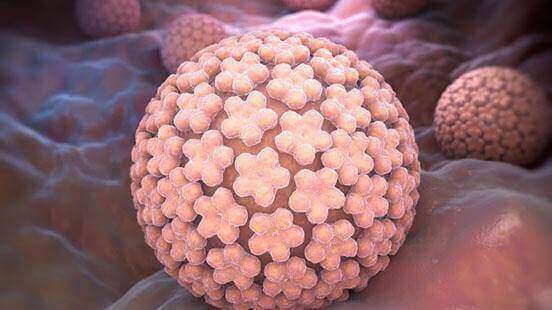
Human papillomavirus (HPV) is a type of sexually transmitted infection that can spread through unprotected vaginal, anal, or oral sex.
Thank you for reading this post, don't forget to subscribe!How human papillomavirus is spread
Sharing sex toys: sharing sex toys that aren’t washed or covered with a new condom can lead to the spread of human papillomavirus.
Vaginal, oral, or anal sex without a condom or dental dam: having unprotected sex with an infected person.
Through childbirth: a pregnant woman who is infected with HPV will infect her child during childbirth
Although, this case is very rare.
Genital contact: you can contract HPV even without penetration or ejaculation.
Through direct contact: when you someone’s wart or touch s surface infected with the wart, you will contract it
Through multiple sexual partners: a person with multiple sexual partners is at a higher risk of contracting it
Facts about HPV
It has no symptoms.
High-risk strains of HPV will lead to cancer.
Low-risk strains of HPV will lead to the wart.
Women are prone to HPV more than men.
There are over 100 strains of HPV.
Warts caused by HPV will show up long after you have contracted it like weeks, months, or years.
Almost all sexually active people will contract HPV once in their lifetime.
Most HPV will clear on their own without treatment.
Homosexual males are prone to HPV-related anal cancer.
HPV in women
HPV is the main cause of cervical cancer, vagina cancer, vulva cancer, and anal cancer, HPV has no symptoms but can cause warts inside or around the anus, vagina, vulva, on the cervix, in the mouth, throat, tongue, and lips.
These warts can be tender and itchy, and they grow in clusters, appearing like a cauliflower, these warts may appear weeks or months after you have been infected.
As a woman or someone who identifies as a woman, you should carry out a pap test every 3 -5 years to detect precancerous cells early to prevent cancer in your cervix.
HPV in men
A person infected with HPV will show no symptoms but will develop growth or warts in the penis, testicles, anus, groins and thighs, tongue, and top of the mouth.
HPV virus can lead to cancer such as:
Anal cancer, symptoms of anal cancer include bleeding, discharge, pain, or itching of the anus.
Penile cancer, symptoms of penile cancer include painful or painless sores, growth on the penis that might lead to bleeding.
Cancer of the back of the throat, symptoms include difficulty in breathing and swallowing, lumps or growths in the neck, constant sore throat or ear pain.
Prevention of HPV
Get vaccinated to prevent HPV-related cancers and genital warts, the center for disease controls recommends that adolescents between the ages of 11 and 12 should be vaccinated before they get exposed to HPV strains, the vaccine is available for people below 45 years and young adults age 26 who couldn’t get vaccinated at an early age should get vaccinated.
Practice abstinence: this is one the safest means to avoid HPV.
Have one sexual partner at a time: having multiple partners will expose you to HPV easily.
Use protection: make use of condoms and dental dams throughout your sexual activities, don’t reuse a condom.
Don’t be sexually active at a tender age, being sexually active will expose you to HPV early.
Get screened to detest precancerous cells early, regularly carry out pap test and HPV test to test for abnormalities and virus in the cervix.
CONCLUSION
Human papillomavirus (HPV) is an STI which every sexually active adult will contract at least once in a lifetime.
there are no symptoms, but they can lead to warts and cancer which is why vaccination is important.







